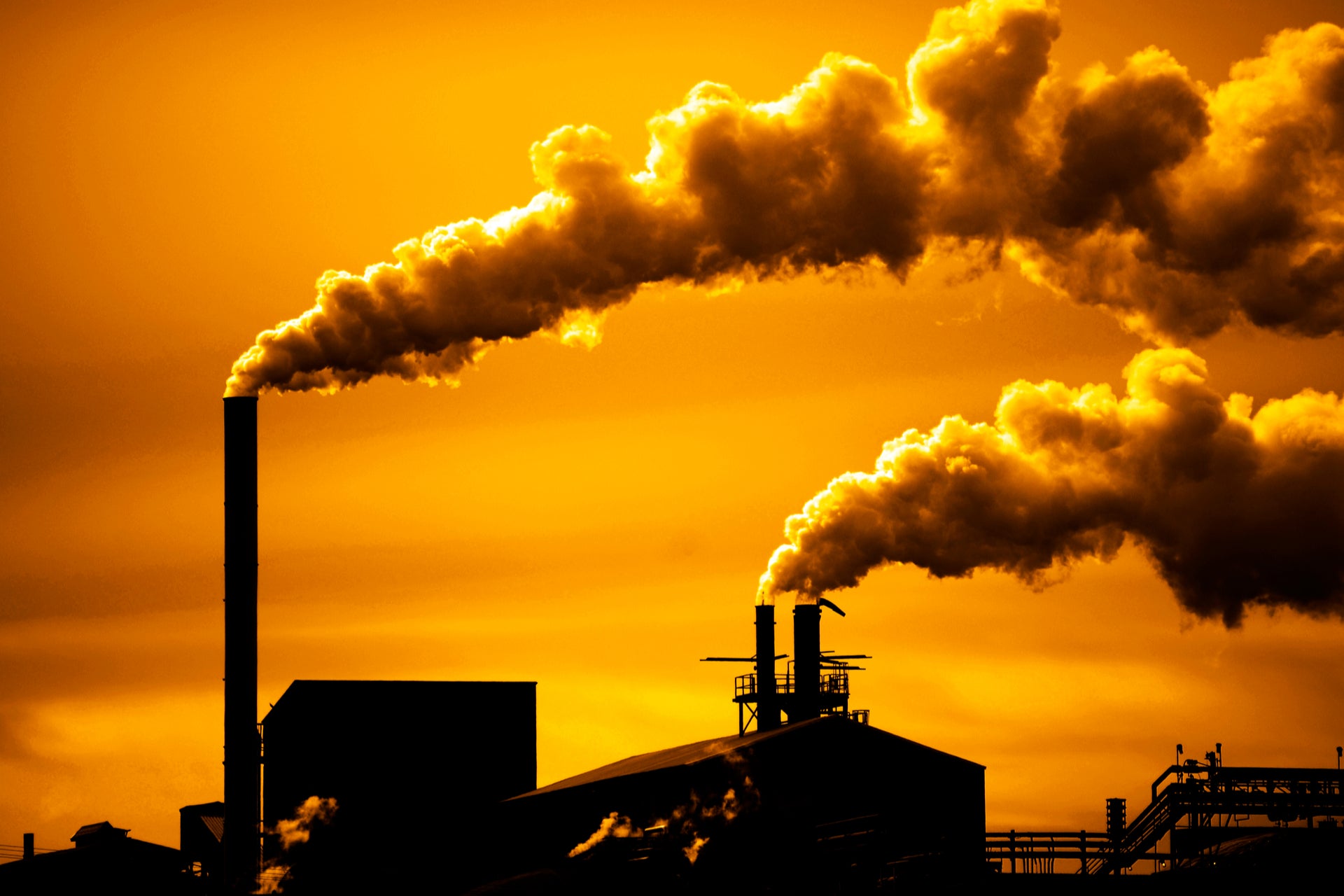
More than 11,000 scientists from 153 countries have declared a climate emergency, following a comprehensive analysis of decades of scientific data.
In a joint research paper published today in the journal BioScience, researchers from the University of Sydney, Oregon State University, University of Cape Town and Tufts University, presented data that warns “untold human suffering” is unavoidable without meaningful changes.
Their findings are based on scientific analysis of more than 40 years of publicly available data. It takes into account metrics such as population growth, energy use, surface temperature, polar ice mass, carbon emissions and deforestation.
“Scientists have a moral obligation to warn humanity of any great threat,” said Dr Newsome from the University of Sydney’s School of Life and Environment Sciences and one of the authors of the paper. “From the data we have, it is clear we are facing a climate emergency.”
The paper comes 40 years since 50 nations gathered for the First World Climate Conference in Geneva in 1979.
“Despite 40 years of major global negotiations, we have generally conducted business as usual and are essentially failing to address this crisis,” said Professor William Ripple, distinguished professor of ecology in the Oregon State University College of Forestry and co-lead author of the paper.
How well do you really know your competitors?
Access the most comprehensive Company Profiles on the market, powered by GlobalData. Save hours of research. Gain competitive edge.

Thank you!
Your download email will arrive shortly
Not ready to buy yet? Download a free sample
We are confident about the unique quality of our Company Profiles. However, we want you to make the most beneficial decision for your business, so we offer a free sample that you can download by submitting the below form
By GlobalData“Climate change has arrived and is accelerating faster than many scientists expected.”
Climate emergency: 6 areas to address
The scientists identified six areas humanity should address to slow down the effects of climate change.
- Energy: Leave remaining fossil fuels in the ground, scrap subsidies to fossil fuel companies.
- Short-lived pollutants: Cutting emissions of methane, hydrofluorocarbons, soot and other short-lived climate pollutants could reduce short-term warming by more than 50% over the next few decades.
- Nature: Reduce the clearing of natural land and protect and restore ecosystems.
- Food: Consume fewer animal products and reduce food waste.
- Economy: Become less dependent on the biosphere and become less focused on growing gross domestic product (GDP).
- Population: Stabilise global population, which currently increases by more than 200,000 per day.
The paper highlights recent global concern for climate change as encouraging. Movements such as Extinction Rebellion and Greta Thunberg’s school climate strikes have made headlines worldwide.
But despite promising signs, such as decelerated forest loss in the Brazilian Amazon and increased use of renewable energy, greenhouse emissions continue to rise.
The announcement comes as US President Donald Trump begins the process of formally withdrawing from the Paris Climate Agreement.
“While things are bad, all is not hopeless. We can take steps to address the climate emergency,” said Dr Newsome.
Read more: Retire fossil-fuel burning infrastructure early or miss climate goals, study warns






